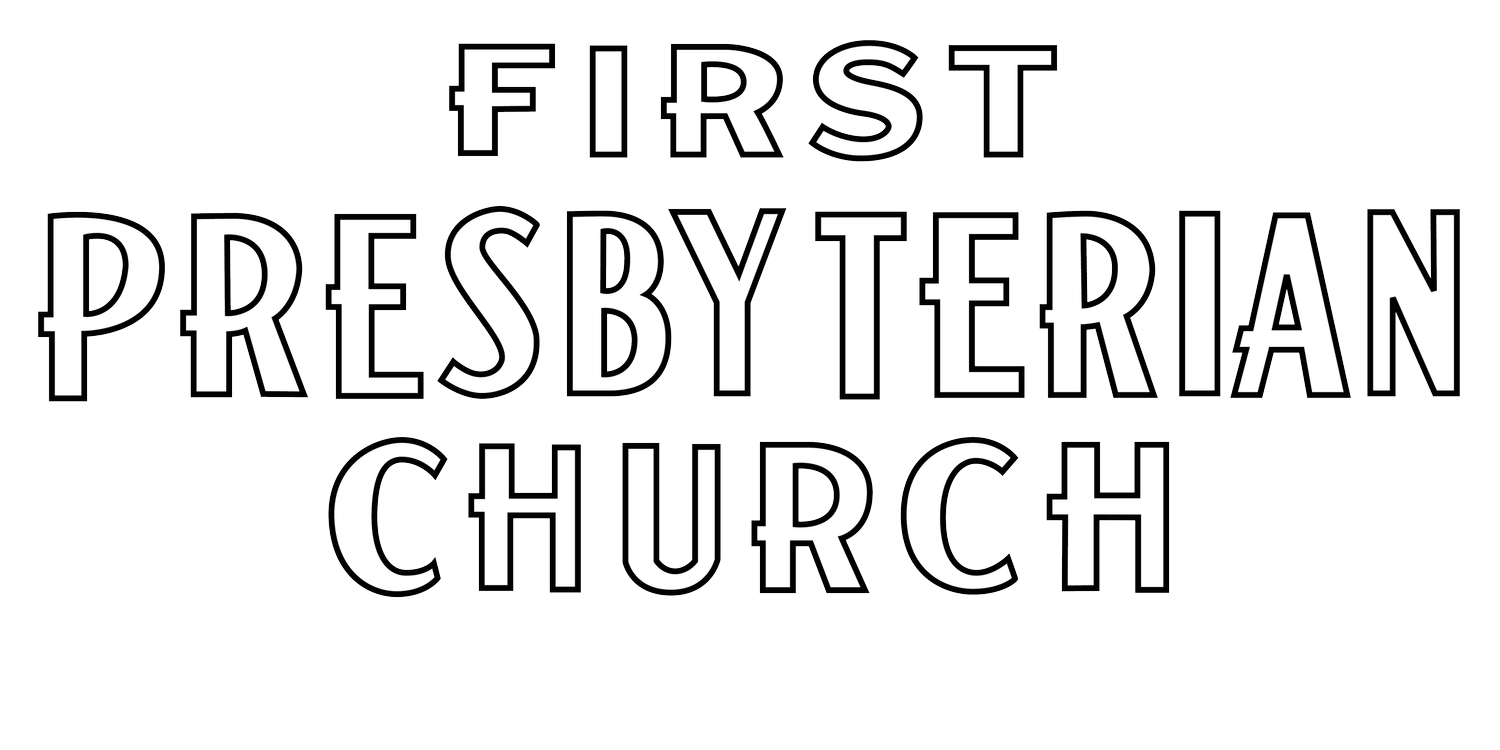Give him your cloak as well
Genesis 37:1-11; Matthew 5:39,40;
Luke 19:29-40
There's a surprising amount of emotion tied up in coats and cloaks in the Bible. There is, for instance, a "richly ornamented robe" that Jacob, perhaps unwisely, made for the favorite son of his favorite wife. It was a sign to Joesph of how much he was loved. It also caused jealousy among Joseph's brothers, and was the source of Jacob's greatest sorrow. "Hey, dad, look at this coat we found out in the desert. Does it look familiar? Oh, wait, look, is that blood?"
Coats were a symbol of exultation and joy on Palm Sunday. "Hosannah!" the people shouted as they threw their coats down on the ground ahead of Jesus and his donkey. "At last, Messiah has come!" 24 hours later, of course, the crowd was in Pilate's courtyard, shouting "Crucify him!" You kind of wonder how many of the cloaks in that crowd had hoof prints on them?
One that always bothers us comes in the middle of the Sermon on the Mount. "Do not resist an evil person. And if someone wants to sue you and take your tunic, let him have your cloak as well." Matt. 5:39,40. How is that fair? It isn't, of course. Jesus isn't about fairness. He's about love. This passage is leading up to His great commandment in Matt.5:44: "But I tell you, Love your enemies and pray for those who persecute you, that you may be sons of your Father in Heaven." Some people, including our author, worry that this is an invitation to allow ourselves to be abused. I see it rather as an invitation to see all people as our brothers and sisters. Suppose, instead of the downcast look and resentful sigh that accompanies the action of handing over our tunic at the order of the judge, we were able to look our oppressor in the eye and say, "Brother, you look cold. Is this tunic going to be enough? Why don't you take my cloak as well?" It's like that line in the old spiritual: "River Jordan is chilly and cold, well it chills the body but it warms the soul."
On this rainy Saturday I'm grateful that I have a coat. Can I remember to see it not only as a garment but as a symbol of the Lord's gracious care and provision? Can I praise Him for it? Can I share it with one who needs it? Can I remember that the Psalmist said,
"He will cover you with his feathers, and under His wings you will find refuge." Ps. 91
